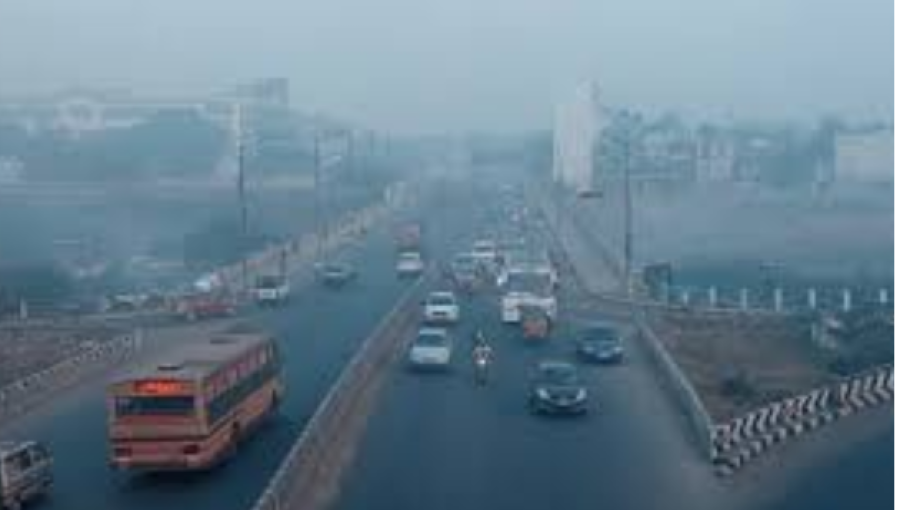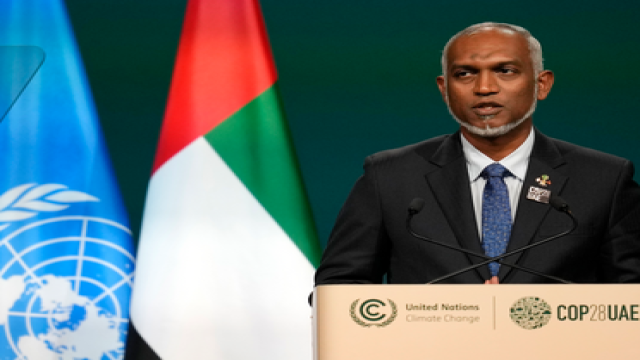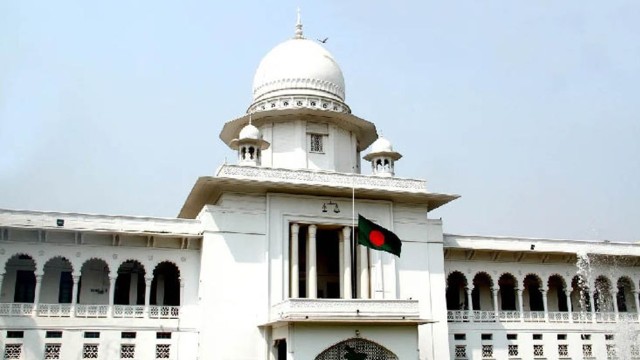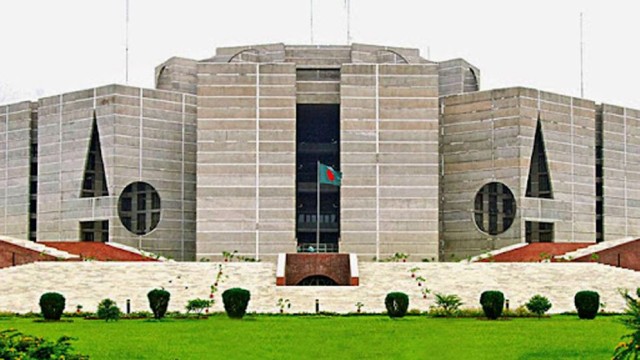This morning, Dhaka was ranked 19th among cities worldwide for poor air quality, with an Air Quality Index (AQI) score of 86, classifying its air as 'moderate'. The AQI, which informs the public about how clean or polluted the air is, uses values to represent varying levels of health concern. A score between 50 and 100 is considered 'moderate', while scores between 101 and 150 are 'unhealthy for sensitive groups'. Higher scores indicate progressively worse air quality, with scores above 301 deemed 'hazardous'.
In comparison, Delhi in India, Lahore in Pakistan, and Jakarta in Indonesia topped the list with AQI scores of 187, 184, and 181, respectively, indicating significantly worse air quality. These levels of pollution are classified as 'unhealthy', posing significant health risks to the general population.
In Bangladesh, the AQI is determined by measuring concentrations of five pollutants: particulate matter (PM10 and PM2.5), nitrogen dioxide (NO2), carbon monoxide (CO), sulfur dioxide (SO2), and ozone. Dhaka, in particular, struggles with air pollution, which typically worsens during the winter and improves in the monsoon season.
According to the World Health Organization (WHO), air pollution is a severe global health issue, contributing to an estimated seven million deaths annually. These deaths are primarily due to increased incidences of stroke, heart disease, chronic obstructive pulmonary disease, lung cancer, and acute respiratory infections caused by polluted air.































Comment: